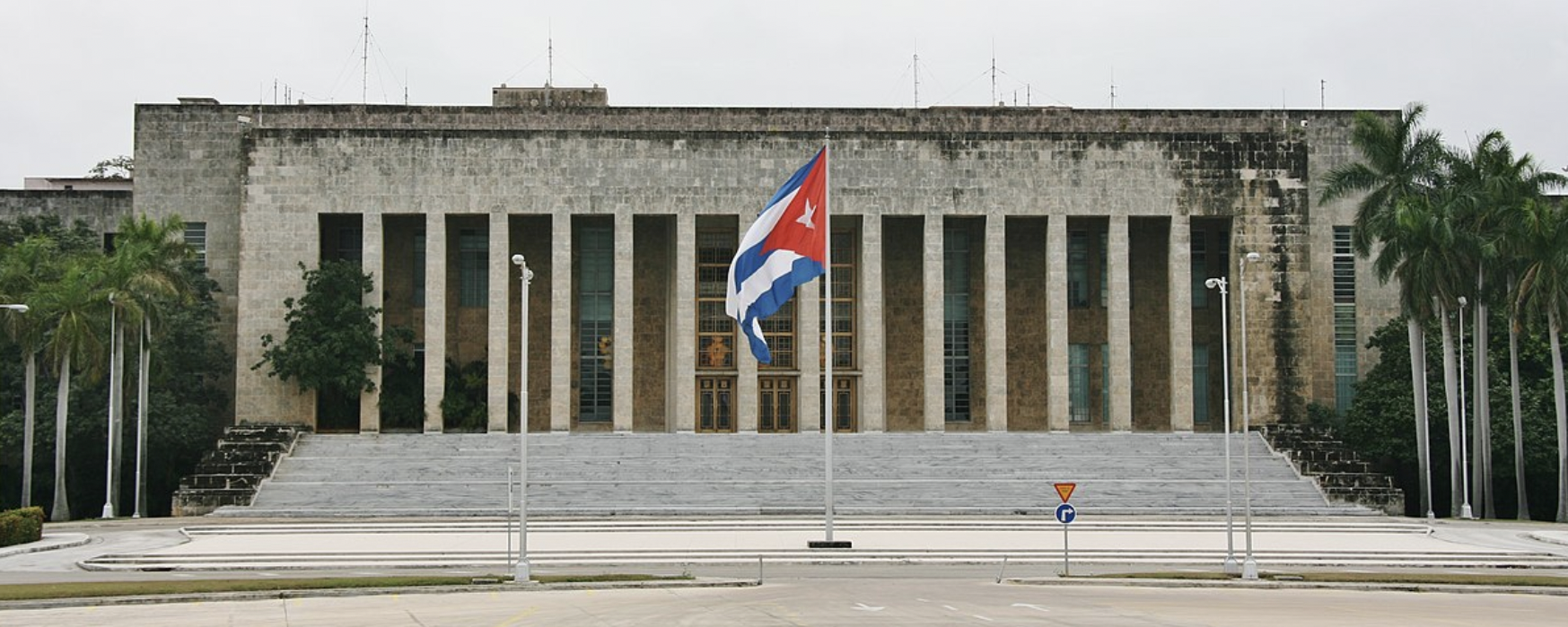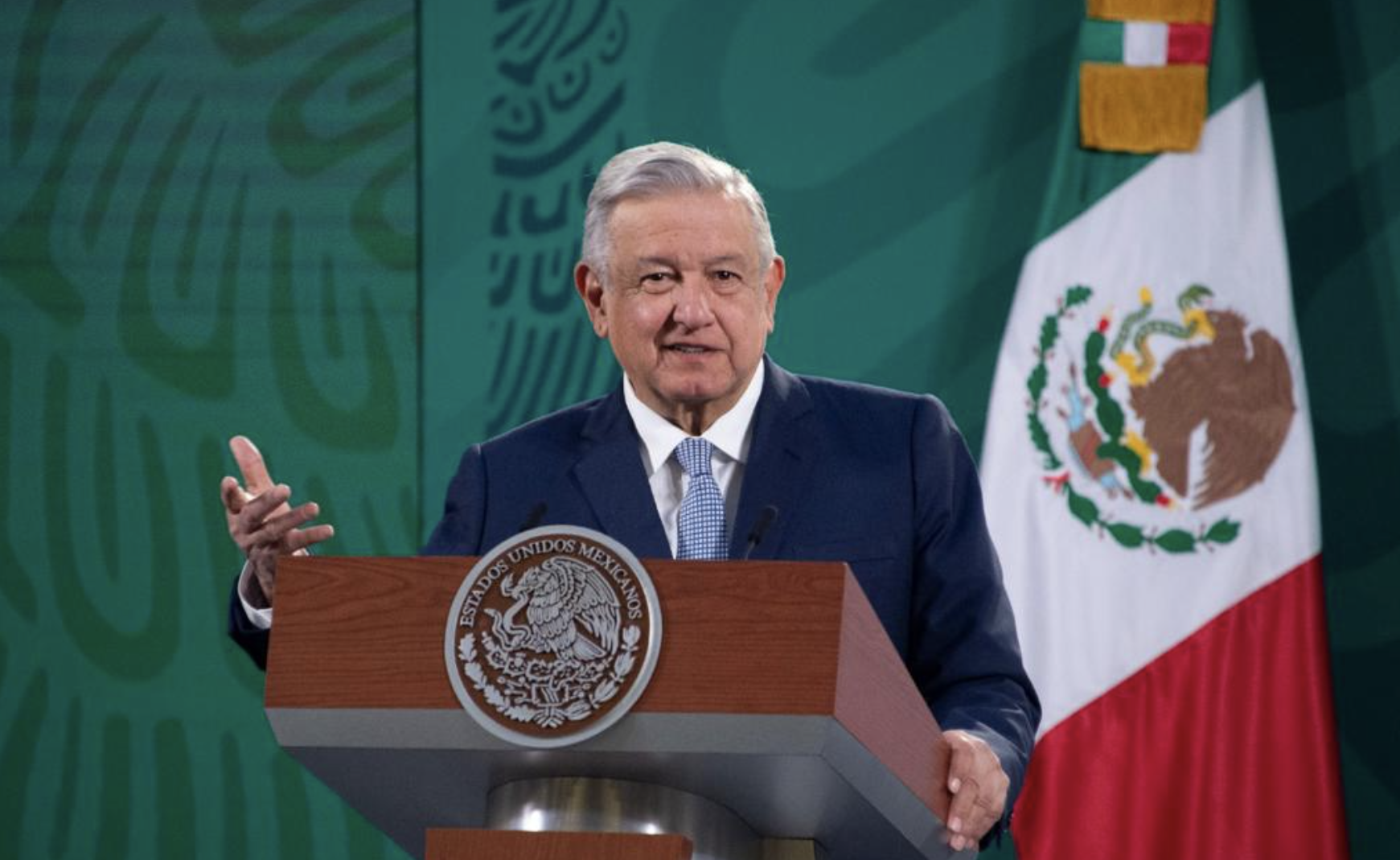Elections in Cuba run on an uncanny pattern; 470 candidates run for 470 seats, all unopposed, all running under the same party—the Communist Party of Cuba (PCC). These candidates, chosen through closed channels overseen by the PCC, are not nominated if they aren’t backed by the PCC, making it extremely difficult for opposition to break into the electoral system at all. Despite this obvious party control, the Cuban government still hails itself as a unified democracy.
Facing the lack of electoral options, voters have increasingly abstained from recent elections and referendums. The participation rate for the March 2023 elections hit a record low since the ascension of Fidel Castro, under whom this PCC-led system arose. With declining participation in elections that lack choice, it’s difficult to call the Cuban electoral system anything resembling a democracy. While widespread voter abstention highlights the breakdown of Cuban democracy, it may also signal deeper trends of discontent within Cuba’s population.
Recent Elections in Cuba
The elections held on March 26, 2023 yielded a 75.9% turnout. This is roughly 20% lower than earlier rates, reflecting a growing apathy towards the PCC regime and its democratic façades. Of the ballots turned in, 6.22% were left blank, another 3.50% were spoiled—apparently filled out incorrectly and so they couldn’t be counted in favor of any candidate. Although these turnout rates are higher than those seen in legislative elections in the United States and Europe, that alone does not signal a functioning democracy. Voters in Cuba are left without the degree of choice and freedom from coercion that is often seen as a cornerstone of democracies around the world, even those with lower turnouts. In other words, despite the turnout rate in Cuba being much higher than in the US and Europe, the lack of opposition and freedom to dissent can be a sign of an authoritarian political system, rather than a democracy.
Most recently, Cuba held a referendum on the legalization of same-sex marriage, part of an overarching new family code. This was the most recent national vote, and one of the rare times there were multiple options for voting: for and against. This referendum had a turnout of 74.1%, slightly lower than the recent elections, suggesting a lower plateau of turnout. As recently as 2015, turnout was 90%, then seen as a dip in turnout. However, 2018 showed further decline, with 85.7% eligible voters casting a ballot. These recent results, where nearly all options are seen as blatantly pro-PCC, leaves only abstention as a way to voice discontent with the state of governance on the island. The low turnout in a referendum seems to further highlight this point—people didn’t opt out of the vote as a stand against same-sex marriage, but abstained as a rejection of the current system altogether. There is no sign yet that this trend will reverse course.
Out of Options
Not only does the PCC have total control over the electoral system and who runs in it, there is little room for outsiders to enter it. Delegate candidates for the national assembly are selected in one of two ways; they are either pulled from unions–like the University Youth Federation or the National Association of Peasants, all of which are overseen by the PCC–or selected from municipal councils, all officeholders belonging to the PCC. From these candidates, voters have one choice per seat. Further, those convicted of a crime are not allowed to vote. This includes those convicted in anti-government protests, whose forced abstention is disregarded in turnout rates.

This disillusionment with the political system appears to be part of a trend hastened by the economic and humanitarian damage wrought by government mismanagement of the COVID-19 pandemic. Many observers believe this low turnout, even among only those eligible and still in the country, is due to anger at the PCC after it has increasingly failed to provide access to necessities, including food, medicine, and now gasoline. With the PCC being the only option in elections for more than a half-century, many see it as becoming increasingly unresponsive and corrupt without competition for office.
Further, Cuba doesn’t allow any organized campaigning. As such, the PCC is the only group with the infrastructure to recruit candidates, run them, and promote them. It is virtually impossible for an alternate party to have any real power or reach to voters across the island, let alone have enough strength to get elected. After the violent crackdown of anti-government protests in July 2021 and subsequent planned demonstrations, any in-person organizing is incredibly risky.
In this increasingly dangerous environment for political dissent, more Cubans have simply not voted. Many made this decision not with an overly political or defiant motivation, but, rather, out of the simple feeling that they don’t want to support a party that doesn’t support them. Many voters see the PCC, in its single-party rule, as synonymous with the governance system itself and, thus, responsible for the government’s failures.
Trends Motivating Abstention
There are quite a few factors that will continue to weigh on this trend of abstention. Cuba has again allowed US dollar remittances to citizens from friends and family overseas, which are exchangeable and accepted at some businesses. This allows for a temporary but considerable boost to the issue of extreme poverty in Cuba, where the average monthly take-home income is estimated to be somewhere between US$20 and US$30 a month. Further, without a change in the US embargo and a lack of economic policy changes from the Cuban government, there seems to be little possibility that wages will rise in Cuba. While this change in monetary policy seems to be an attempt to quell dissatisfaction among voters, it doesn’t seem likely to stop the long-term poverty that led many voters to become disaffected by the Cuban electoral system as a whole. These policies, at first glance, may seem likely to garner favor with the government, but their ineffectiveness at treating the underlying issues of income on the island may worsen the regime’s image as ineffective and unresponsive to their citizens.
Further, the easing of the COVID-19 pandemic may lessen the worst of medicine shortages in Cuba, but food shortages seem here to stay. Many still see an extreme lack of basic foods from the government’s rationing system, and recent changes, such as the removal of chicken from ration books for everyone 14 and older. While this signals a lack of control by the state over the economy, it also means that more people will have to turn to the overly-expensive black market of food. With the issue of income, this may cause even more discontent.
Cuba also hasn’t developed infrastructure for increasingly worse hurricanes that rock the island before reaching various parts of the southern-US. These storms often leave large swaths of the island without power for days or weeks, and with even worse access to proper nutrition and other basic necessities. Without multiparty elections or much of a recognized civil society, Cubans are without effective means to express their discontent with the poor government response to disaster. With no change in the electoral system coming, it may be reasonable to expect a continued increase in electoral abstention as people are left in the dark after crises after crises.
The Turnout is Celebrated
Despite low turnout, Cuban President Miguel Díaz-Canel, apparent winner of another term, tweeted that “our people… came out to defend the Revolution.” He later declared that “[t]here is only one way to respond to their vote… it is to comply with the mandate of the people.” He and other leaders of the PCC promote this win as an overwhelming victory for their party and Castro’s Revolution despite low participation
The election turnout and results also received cheers from Venezuelan President Nicolás Maduro. He congratulated Díaz-Canel on reelection and the Cuban people for “supporting the Revolutionary Project” of Fidel Castro—one he says was led by and benefits the people of Cuba.

While the allyship between Venezuela and Cuba is nothing new, there seems to be a similar friendship growing between Cuban leaders and Mexican President Andrés Manuel López Obrador. On April 19, Díaz-Canel officially won his reelection race as President among the delegates of the national assembly with 97.66% of the vote. President López Obrador congratulated him and thanked him for sending Cuban doctors to Mexico as part of an agreement between the two leaders. This comes as López Obrador faces pushback due to his attempts to weaken electoral and campaign oversight while riding a wave of popular support. Both Venezuela and Mexico were the only countries in Latin America to skip the Summit of the Americas in 2021, both out of protest of Cuba not being invited by the United States. While engagement with other countries can be another tactic to push electoral reform through aid conditioned on policy change, the friendliness of the governments in Mexico and Venezuela doesn’t bode well for change in Cuba. As the wall of opposition to the Cuban regime crumbles, so does the leverage governmental and independent opposition has against the regime.
The Opposition Responds
Despite celebrations from the Cuban government and scattered praise from abroad, some opposition is launching. Most organized opposition comes from foreign groups, many of them led by Cubans or their descendants in other countries, where they have much more room to speak against the government. Many denounced the lack of options when voting and called for people to stay home as a way to dissent against the government with a lesser risk of imprisonment or other punitive measures.
The United States embassy in Havana called the electoral system autocratic, despite opposing claims from the Cuban government, saying that it is “undemocratic” on Twitter and other platforms. Cuban leaders simply say this system lessens polarization and the role of money in campaigns and supports unity among the people. However, there is no disagreement that all national assembly candidates ran unopposed. Since the Cuban government doesn’t claim otherwise, calling attention to their undemocratic system, whether by NGOs or foreign governments, likely won’t have any impact on the electoral system. The front created by these elections instead is just an attempt by the Communist Party of Cuba (PCC) to legitimize their rule through the front of elections.
Long-Term Effects
It’s hard to see how rising abstention translates into any long-term change. This does seem to be part of a fairly new, yet persistent pattern since the 94.2% turnout rate a decade ago. With lasting issues worsened by the pandemic, voter abstention has become a relatively safe and accessible way for Cubans to voice their discontent.
With the government indifferent to poverty and crises on the island, it seems that dissatisfaction will still rise. Without the infrastructure or safety needed to organize opposition parties or movements, this will result in persistent abstention, as well as emigration from the island. Seeing no hope for change, and a lack of impact from abstention, more and more people may begin to move overseas in search of better conditions. It appears emigration is already underway, with the number of Cubans entering the United States nearing record levels in the past two years. With them go those most likely to abstain or openly go against the government, and the biggest hope for change from within the island. For now, it appears there is a deadlock between the rising number of people unwilling to support the government, and a government unwilling to support them.





